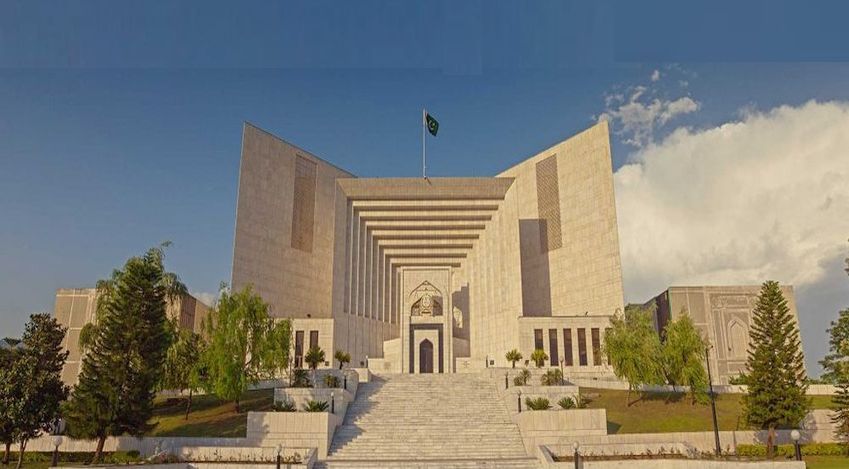A Tenant cannot challenge a Landlord’s Ownership in Rent Tribunal Proceedings and must file a Civil Suit instead --- Supreme Court of Pakistan Upholds Eviction Order
Islamabad 30-01-2025: The Supreme Court of Pakistan has dismissed a Civil Petition for leave to appeal filed by Umar Gul, affirming the eviction order issued by the Appellate Court and upheld by the Peshawar High Court. The case revolved around a dispute over a rental property, where the Petitioner claimed ownership despite being recognized as a tenant by the lower Courts.
The dispute arose when Dr. Hafiza Akhtar and others (Respondents) filed an Eviction Petition against Umar Gul (Petitioner) under Section 13 of the West Pakistan Urban Rent Restriction Ordinance, 1959. The respondents sought eviction on two grounds:
- Personal bona fide need
- Default in rent payment since February 2010
The Rent Controller-I, Peshawar, initially ruled in favor of the Petitioner and dismissed the eviction petition. However, on appeal, the Additional District Judge-VIII, Peshawar, reversed the decision, ordering eviction. The Peshawar High Court later upheld this ruling, leading to the present appeal before the Supreme Court of Pakistan.
The Supreme Court of Pakistan bench, comprising Mr. Justice Irfan Saadat Khan and Mr. Justice Shahid Bilal Hassan, dismissed the petition, reaffirming key legal principles regarding tenancy and ownership disputes.
The Court ruled that a tenant cannot dispute the landlord’s ownership in eviction proceedings. Such challenges must be resolved through a Civil Suit. The Court relied on precedents, including:
- Tassaduq Hussain Vs. Mst. Muneer Fatima (2014 SCMR 1744)
- Ahmad Ali alias Ali Ahmad Vs. Nasar-ud-Din (2009 PLD 453)
The Petitioner presented utility bills (electricity, gas, telephone) in his name as proof of ownership. However, the Court clarified that utility bills only indicate possession and do not establish ownership rights.
The Court found that the Petitioner failed to produce credible evidence supporting his ownership claim. He did not:
- Present marginal witnesses of the alleged sale agreement.
- Exhibit mutation documents proving ownership.
- Call revenue officials to support his claim.
The Supreme Court of Pakistan reiterated that rental disputes should not be used to determine ownership. If the petitioner still claims ownership, he must file a civil suit in the relevant Court, subject to limitations.
The Supreme Court of Pakistan dismissed the petition, upholding the eviction order. The Court found no illegality or irregularity in the decisions of the Appellate Court and the Peshawar High Court.
This ruling reinforces the principle that:
- Tenancy disputes must be resolved within rent tribunals.
- Ownership disputes must be pursued in civil Courts.
Utility bills do not equate to ownership proof.
Powered by Froala Editor








